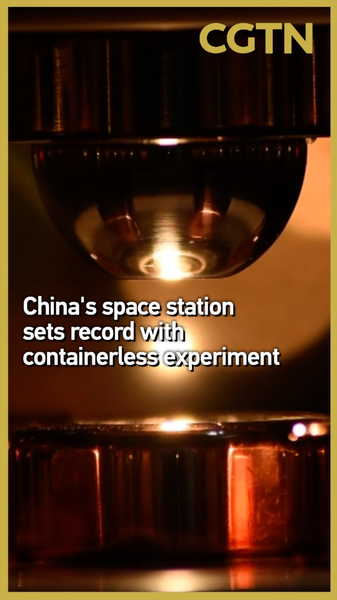China's space station has set a new world record by heating a tungsten alloy beyond 3,100 degrees Celsius inside the Tianhe core module, all without a container getting in the way.
Scientists harnessed microgravity 'levitation' and a dual-wavelength laser heating system to melt ultra-heat-resistant alloys, capturing data on how these materials behave under extreme conditions.
This containerless experiment reveals melting points, viscosity shifts and surface tension changes, unlocking insights vital for designing stronger, lighter spacecraft shielding and more efficient rocket engine components.
The breakthrough doesn't just advance aerospace tech. It paves the way for innovations in automotive engineering, sustainable energy and materials science—fueling a new era of high-performance design across industries.
For young innovators and global changemakers, this milestone highlights the power of microgravity research to solve real-world challenges, from building resilient infrastructure on Earth to expanding humanity's reach into deep space.
Reference(s):
China's space station sets record with containerless experiment
cgtn.com




